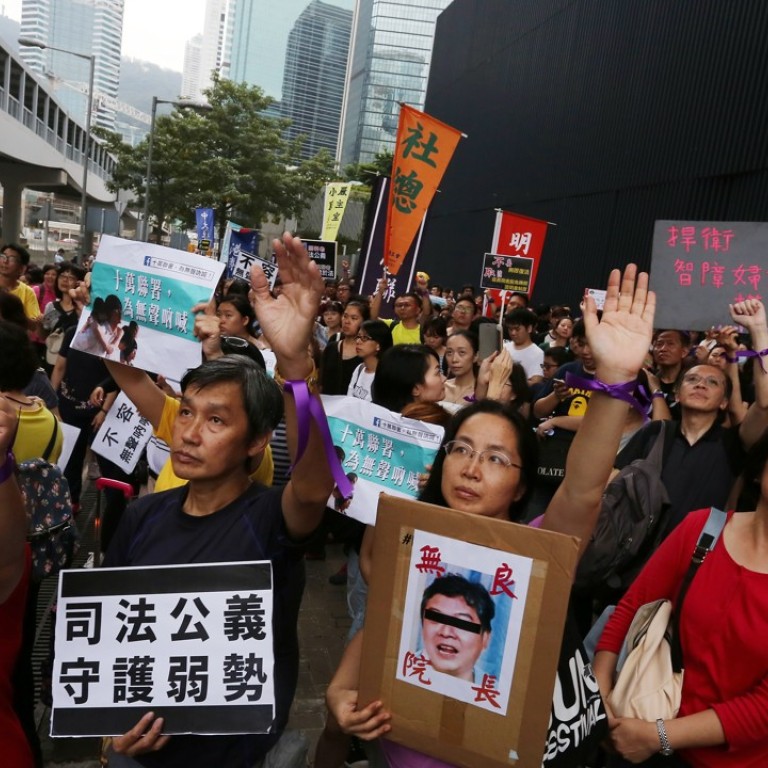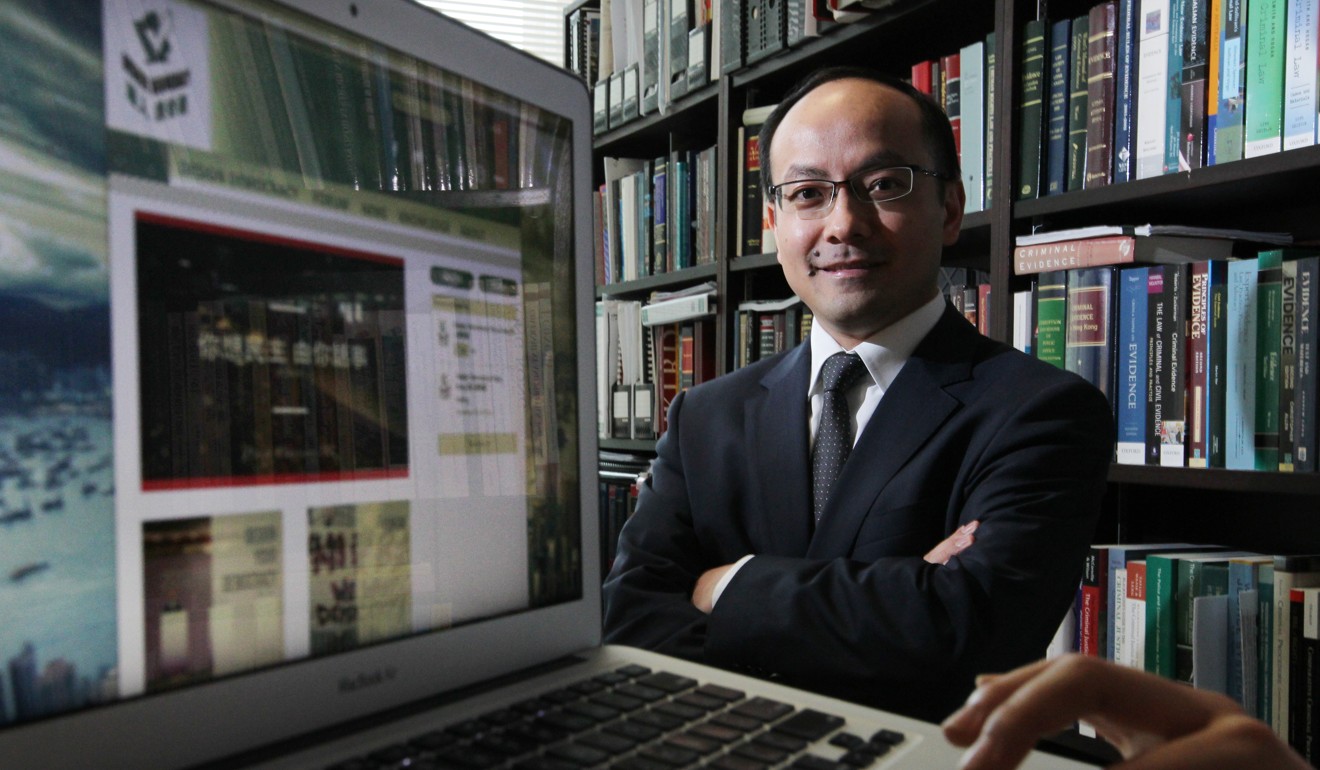
New law on hearsay evidence designed to give Hong Kong’s vulnerable better protection in criminal court cases
Government to introduce bill after collapse of sexual assault case prompted lawmakers to call for change ‘as soon as practicable’
Hong Kong legal professionals have said allowing the introduction of hearsay evidence will “assist the quest for truth” and help prosecutors get justice for victims in cases involving vulnerable defendants.
After years of calls for its introduction, a new bill is to be presented allowing hearsay testimony during criminal trials in the city’s courts.
The move comes two years after the collapse of a high-profile sexual assault trial, and more than a decade after the move was first discussed in a Law Reform Commission consultation paper.

The change to the law comes in response to a 2016 case involving the superintendent of a nursing home and one of its residents. The prosecution’s case fell apart because the alleged victim, a 21-year-old woman with the mental age of an eight-year-old, was unable to testify on her own behalf.
Lawmakers afterwards had been calling for changes “as soon as practicable”, according to a Legco document published in February.
The reform will make a difference in many cases which now don’t go to court
Hearsay testimony is generally inadmissible in court, save for rare exceptions. If passed, the bill would allow it to be heard at trial if certain strict requirements are met and the judge deems the evidence necessary and reliable.
University of Hong Kong law professor Simon Young Ngai-man said the new bill, which would allow second or third-hand evidence from people who did not witness a crime being committed, would help victims get justice.
“The reform will make a difference in many cases which now don’t go to court because the victims are unable to testify at trial for various reasons including death, illness, incapacity and other similar grounds,” he said.
“Such impact is likely to be seen in cases of sexual offending, domestic violence, organised crime and other serious offences.”
A 2009 report from the commission, which arose out of the consultation paper in 2005, recommended the change to the rules on hearsay evidence, but cited concerns from professional bodies.
Hong Kong officials urged to give better court protection for the mentally disabled
The Bar Association, despite supporting the proposal, feared it might create uncertainty for defendants and their lawyers.
Young, however, believed the law came with enough safeguards to prevent it being abused by police and prosecutors, and said hearsay evidence would only be accepted if prosecutors could prove its truthfulness, and reliability of the witness, “beyond reasonable doubt”.
The reform, he added, would benefit the accused as much as prosecutors, as defendants could rely on hearsay to try and secure an acquittal.
Reforming the hearsay laws should be a matter of priority
“Justice can be achieved, as this new evidence will assist the quest for the truth,” he said.
A justice department spokesman said: “The introduction of the new legislation would align the hearsay rule with the developments in other major common law jurisdictions, such as England and New Zealand.”
Care home abuse case may prompt reforms to city’s criminal evidence rules
Cross agreed, and said reform was long overdue, adding that “Hong Kong has fallen behind the ‘common law world’ in this area”.
However, the former DPP noted the limitations of the new law and the extent to which the new bill would lend any help in “care home-type” cases – where hearsay testimony would have to be the backbone of the case, rather than supplementary evidence.
Cross said he saw hearsay as being supportive of other evidence, not as stand-alone evidence in its own right.
“If a particular victim is unable to provide cogent evidence for whatever reason, it will not be easy for prosecutors to establish a case, even with hearsay evidence.”

